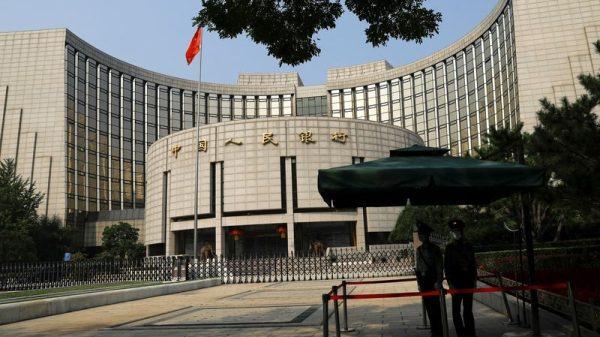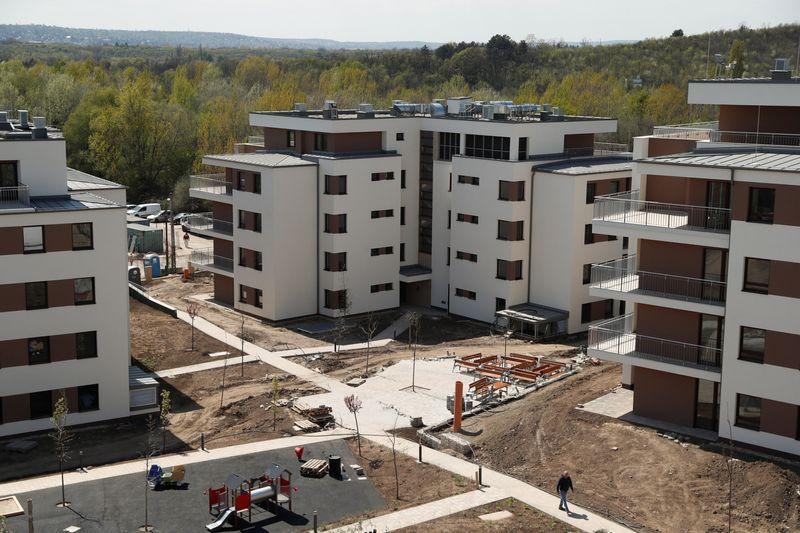By Gergely Szakacs
BUDAPEST (Reuters) -Hungary’s economy ministry proposed on Monday that savings in private pension accounts can be used tax-free for housing purposes as a one-off measure next year as part of wider efforts to boost the economy ahead of a 2026 parliamentary election.
In power since 2010, Prime Minister Viktor Orban has struggled to revive Hungary’s economy after last year’s downturn following a surge in inflation to more than 25% in the first quarter of 2023, the highest level in the European Union.
Hungary’s budget deficit has also averaged nearly 7% of gross domestic product since the COVID-19 pandemic, above EU average levels, limiting the scope for the kind of largesse that helped Orban get re-elected in 2022.
The economy ministry said the proposal would allow the full amount of savings to be used next year for renovations, equity for new mortgages or repayments for existing mortgages.
“The government will eliminate bureaucratic hurdles to allow people to decide if they want to voluntarily use their savings for housing purposes,” the ministry said in a statement.
The ministry said more than 1 million private pension fund members had savings worth 2 million forints ($5,457) on average, which could now be used tax-free for housing purposes.
Previously Hungarian officials have signalled that the moves could channel 300 billion forints ($817.53 million) to the housing market, or 15% of total private pension savings at the end of the first half, based on central bank data.
However, real estate website ingatlan.com has estimated that, combined with interest payments from inflation-linked government bonds to retail investors, the combined market impact could reach 1 trillion forints ($2.73 billion) next year.
That could boost housing prices by some 10% to 15% in 2025, mostly in large cities and Budapest, which has seen one of the sharpest rises in housing prices in Europe in the past decade, fuelled in part by Orban’s subsidies for families.
Soon after he was elected in 2010, Orban’s government eliminated mandatory private pension funds and nationalised most of the $12 billion contained in them to plug budget holes and boost the economy.
($1 = 365.9800 forints)
($1 = 0.7658 pounds)





































